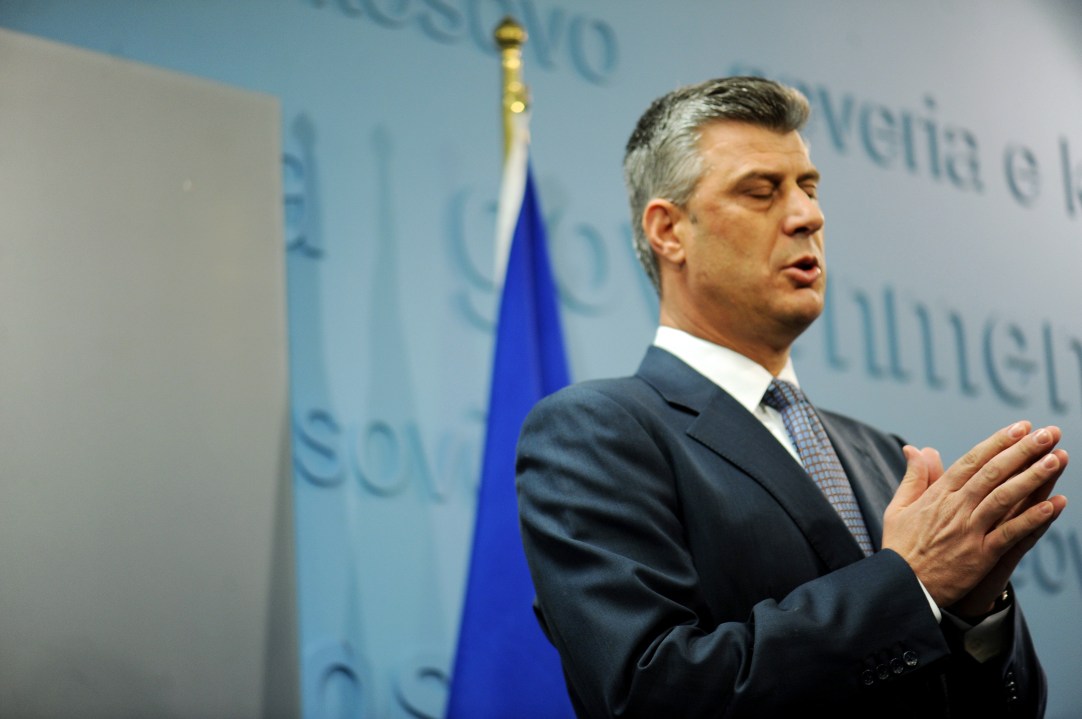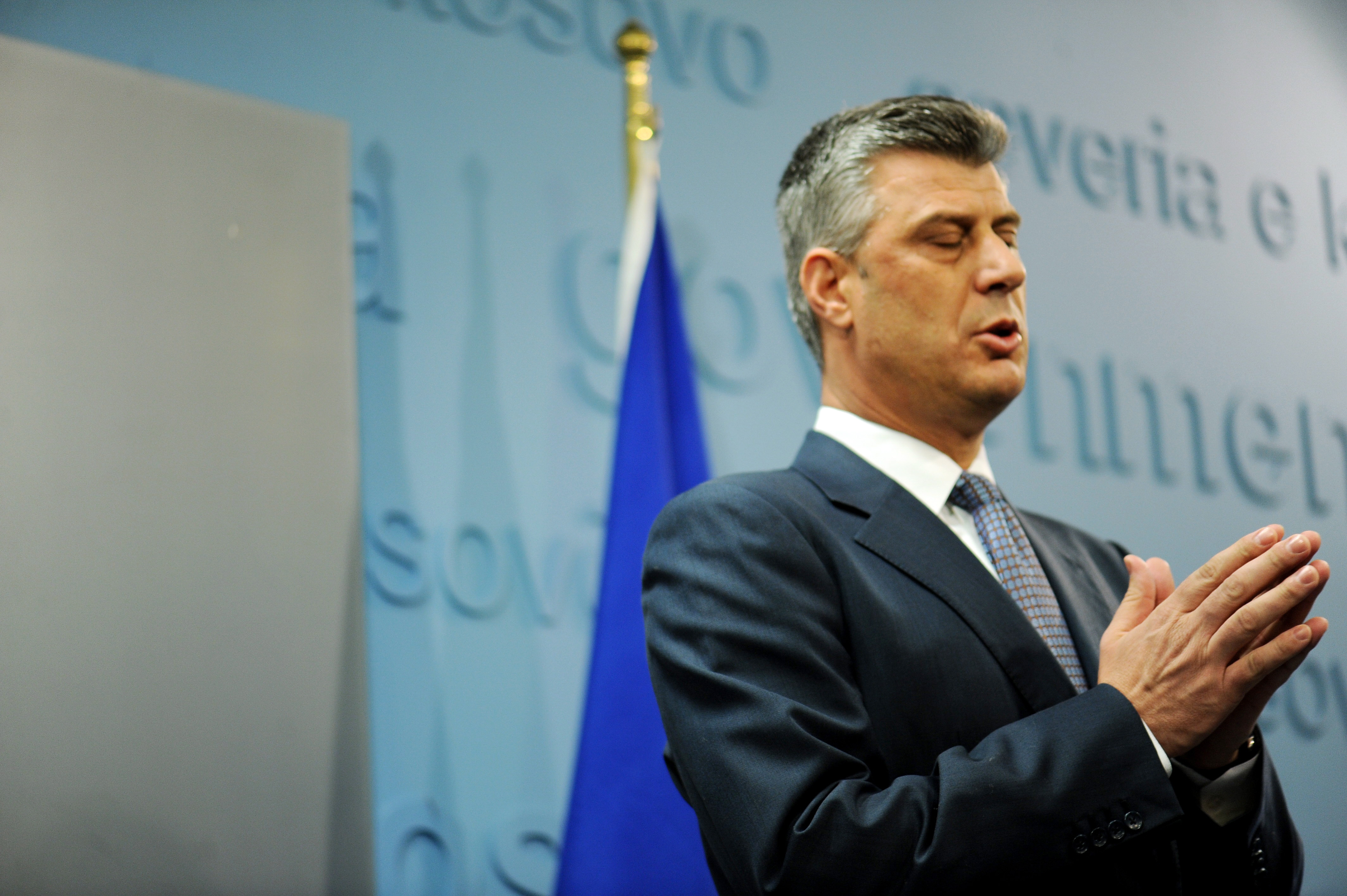 Dick Marty’s report on Kosovo leader Hashim Thaci has rightly caused quite a storm. Accusing the recently re-elected Kosovo prime
minister of running a mafia-like state, and even controlling a organ-trafficking ring, has not only led to condemnation but is being used by some as an excuse to re-tell conspiracy theories about
what actually happened in the 1990s.
Dick Marty’s report on Kosovo leader Hashim Thaci has rightly caused quite a storm. Accusing the recently re-elected Kosovo prime
minister of running a mafia-like state, and even controlling a organ-trafficking ring, has not only led to condemnation but is being used by some as an excuse to re-tell conspiracy theories about
what actually happened in the 1990s.
First things first. The CoE report’s accusations should be investigated by at least two courts: ICTY in the Hague and the Kosovo courts (the latter with the help of the 1800-strong EU police-and-justice mission). If any of these fail to take up the task, a court in an EU member-state should take it upon themselves to investigate the allegations. War crimes, which may have occurred, have no statute of limitations and can be taken on by any court, anywhere.
That said, I worked for years in the Balkans and still visit the region regularly so have heard countless of stories of crimes committed by senior figures that were never corroborated in a way that could stand up in court. I wait to see whether the CoE report is anything else than hearsay.
Whatever happens now – and whatever happened then – does not take away from the fact that Kosovo could never be ruled from Serbia in the long-term. Not only because of Slobodan Milosevic’s murderous actions – though these made a split inevitable – but because of the twenty-year oppression of the Kosovars, their institutions, their language and their culture. People forget that Milosevic’s Serbia had massacred Bosnia before it turned to Kosovo. The KLA, in turn, were not romantic revolutionaries but hardened insurgents. They committed crimes as ICTY has already established. But that does not take away from the greater crimes of Serbian forces or Kosovo’s right to statehood – as affirmed by the International Court of Justice.
At the same time, it is clear now that Kosovo has been legally independent for a while, that its leaders are not the kind of people needed to reform the state, bed-down democracy, ensure an ethnically equitable distribution of resources, combat crime and negotiate some kind of settlement for the areas north of the Ybar river with Serbia.
It took Franjo Tudjman’s death for Croatia to change its wartime guard, and Serbia five years following the end of the Bosnian War to dump President Milosevic. Perhaps five years after independence we should expect a changing of the guard in Pristina. For Kosovo’s sake, however, it ought to be sooner. Now, in fact, would be a good time.







Comments